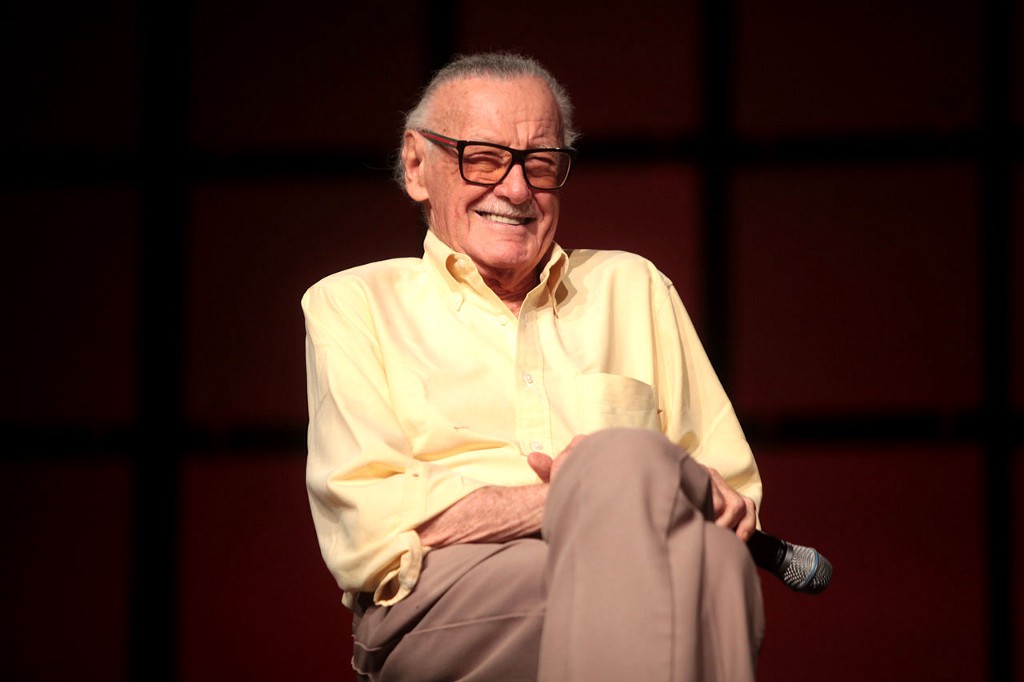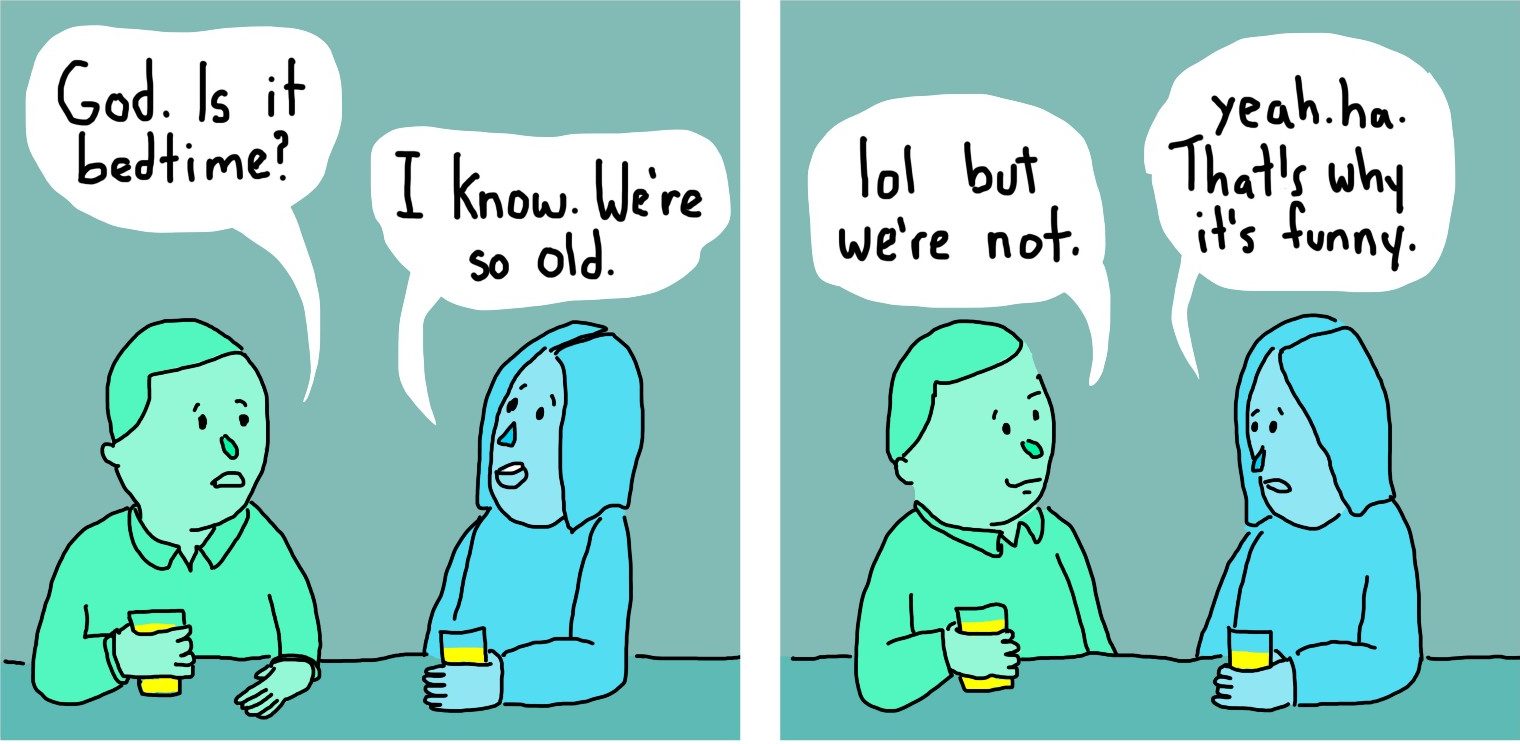news
Why Stan Lee’s Death Is a Loss for Literature
The comics giant didn’t just invent your favorite superheroes—he also expanded the definition of a reader

Stan Lee, the founder of Marvel comics, died this week at the age of 95. This is, of course, a huge loss to comics; many of Marvel’s most popular and enduring characters were Lee’s creations: Spider-Man, Iron Man, Thor, the X-Men, the Hulk. But it’s also a loss to literature — because Lee helped pave the way for literature and comics to enrich each other.
Lee’s success didn’t come from making the obvious choices. At a time when comics were championed by strapping, steadfast white men, Lee took a revolutionary approach to heroes, daring to give us nerdy, angsty Spider Man and the emotionally turbulent Bruce Banner-Hulk. Over the years he made Professor X vanquish villains from a wheelchair and co-created the Black Panther, the first mainstream superhero of African descent. Lee’s unusual, brainy, flawed superheroes urged kids to see the potential for greatness in their own imperfect bodies and minds, and he taught them that no one, not even Spider-Man, wins all the time.
Lee’s unusual, brainy, flawed superheroes urged kids to see the potential for greatness in their own imperfect bodies and minds.
It’s hard to overstate how important it is for kids to see diverse heroes, so it’s not surprising that this facet of Lee’s work has dominated the tributes after his death. Lee was hugely successful in the business of comics, and the business of culture. But more than that, he was successful in seeing that comics and culture were one and the same. He let readers see themselves in comics, because he rejected the idea that comics fans could only be one thing.
The cultural image of the typical comic book fan is often downright anti-intellectual: nerdy tweens, obsessives who never read outside their chosen fandom, people who hide in the dark playing video games and watching superhero movies. Yet the head of Marvel clearly thought of his audience as readers in the broadest sense. In 1976, he launched Marvel Classics Comics, which printed adaptations of literary classics such as The Iliad, The Hunchback of Notre Dame, and The Last of the Mohicans. Though Marvel Classics only printed twelve issues before closing two years later, Lee didn’t give up on the idea, reviving the imprint again in 2007 as Marvel Illustrated, starting with a 64-page adaptation of The Jungle Book. The other books selected for adaptation included Moby Dick and The Picture of Dorian Gray, hardly material meant for the book-adverse.
14 Diverse Graphic Novels About Coming of Age
Marvel strengthened its ties to the literary world in 2015 when it tapped National Book Award-winner Ta-Nehisi Coates to write a new addition to the Black Panther series. Bestselling author Roxane Gay and respected poet Yona Harvey were brought on to co-write World of Wakanda the following year. Some journalists reported the news like it was a fun crossover episode out of one of Marvel’s own comics, a rare event where writers from the literary world popped up in the comic-sphere. The truth, which Stan Lee must have been aware of, is that many novelists are comic book fans, from Michael Chabon to Margaret Atwood, who has written her own series of graphic novels. Likewise, comics have always had novelistic qualities — just ask Harvard, which has taught a class on comics as literature. But then, this was always Lee’s advantage: he understood that no one is immune to good stories.
Lee’s death is a loss to this expansive idea of who qualifies as a reader, and by extension to readers themselves. His inclusive vision was at odds with our culture, which constantly asks us to define, and thus limit, our interests, our tribe, ourselves. Stan Lee knew that people who read books would read his comics, and those who read his comics could appreciate complex characters and language. Hopefully Marvel’s success will allow Lee’s message to survive: The Readers are out there, disguised as ordinary people.









